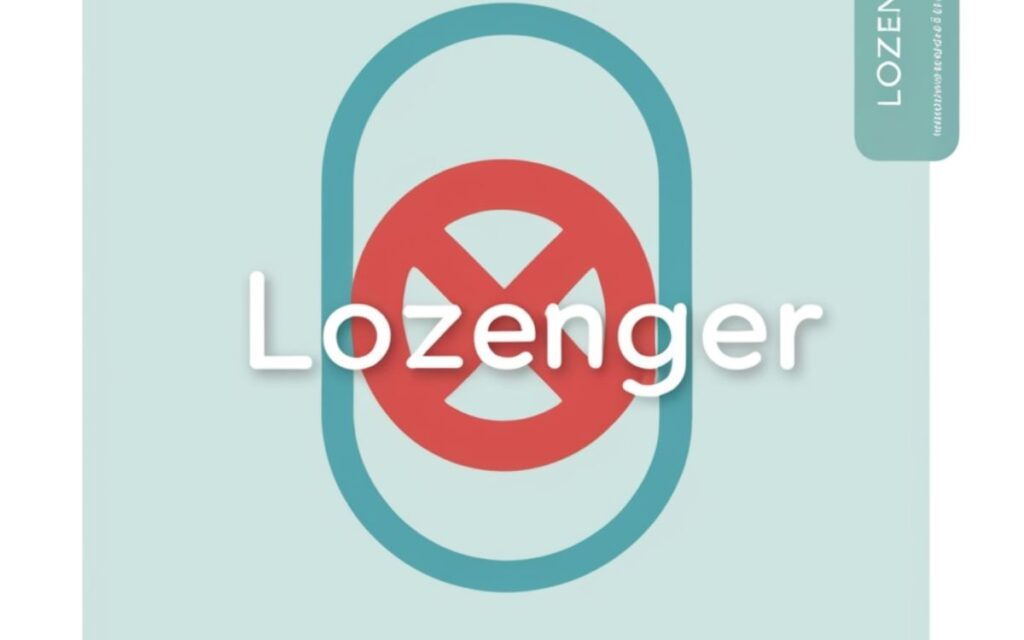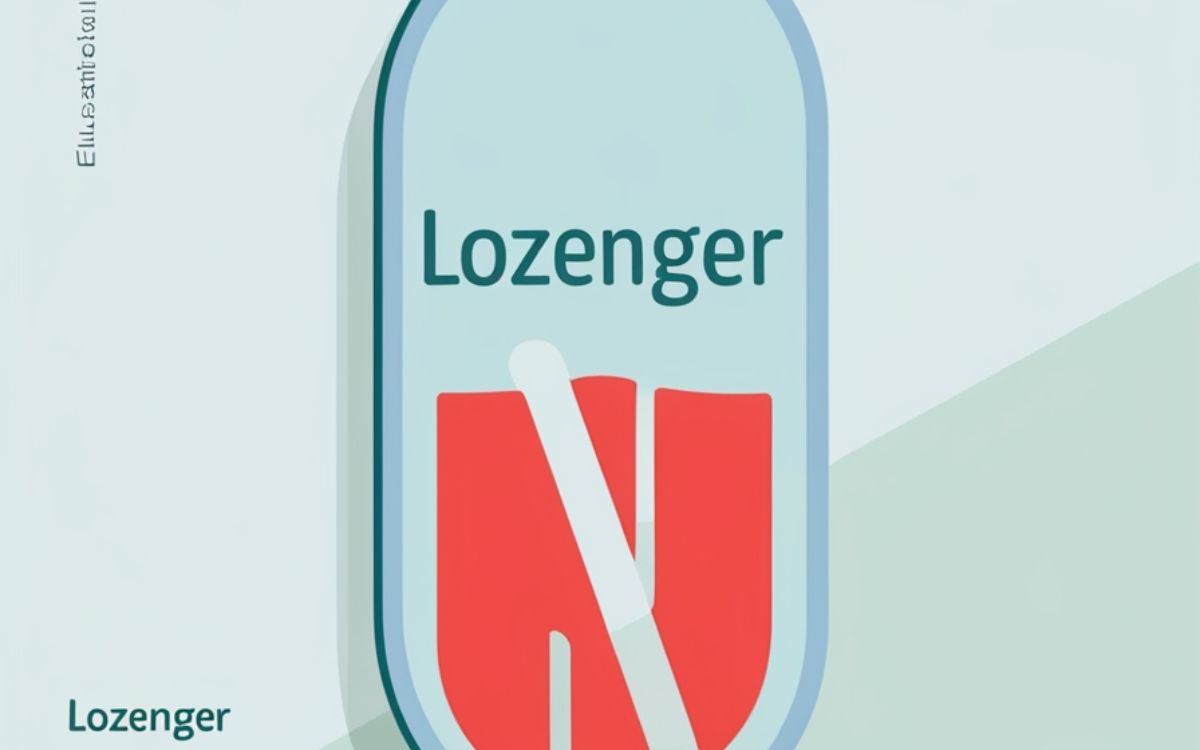The word lozenge is the correct spelling used in schools, books, and healthcare. It refers to a small tablet, often shaped like a diamond, made to ease throat pain. The form lozenger appears in speech but isn’t correct in writing.
Language changes through accents and habits. In some regions, people add an “r” sound at the end of words. This is how lozenger became common in conversations. However, formal writing, packaging, and dictionaries always keep lozenge as the right version.
When learning English, using accurate spelling builds confidence. Choosing lozenge in essays or projects shows attention to detail and respect for correct language. Using the wrong form may confuse readers, while the right choice makes communication clear and professional.
The Origin and Etymology of Lozenger and Lozenge
The word lozenge came from Old French “losenge,” which described a diamond shape. Later, English writers used it for both shapes and small medicinal tablets. The spelling has stayed steady through centuries, and this form is still taught in schools and used in books.
The form lozenger developed from spoken language. Certain accents added an extra “r” sound at the end of words. Over time, this became part of regional speech. Still, formal English keeps lozenge as the correct version in lessons, dictionaries, and professional writing.
- The word lozenge comes from Old French “losenge,” meaning diamond shape.
- English borrowed it in Middle Ages for shapes and small medicine tablets.
- The form lozenger grew from spoken accents adding an extra “r.”
- Dictionaries and formal texts always list lozenge as the correct spelling.
See also : What “Hi There” Means: Usage & Social Nuance Guide
Phonetic and Regional Influences Behind ‘Lozenger’
The sound of lozenger comes from how people pronounce words in different regions. In some places, speakers add an extra “r” sound when ending certain words. This habit shaped the way many families and communities pronounce the word in daily conversations.
These changes appear in areas like Appalachian and Scots-Irish speech. People continue using lozenger in local talk, but formal books and dictionaries keep the original form. This difference shows how language can shift in speaking but remain steady in writing.
- The pronunciation lozenger comes from regional accents that add an extra “r” sound.
- Appalachian and Scots-Irish communities often speak this way in everyday conversation.
- This spoken form appears in homes and local gatherings but rarely in writing.
- Formal English and dictionaries always keep lozenge as the correct written form.
Usage of “Lozenger” in Northeastern and Rural American English

- In parts of Pennsylvania and rural New York, people often say lozenger in casual speech.
- The pronunciation reflects local culture and family traditions passed through generations.
- Written forms in these areas almost always use lozenge instead of the spoken variant.
- Linguistic studies show the term is common in speech but rare in formal writing or publications.
| Region | Pronounces “Lozenger”? | Writing Usage |
| Northeast US | Yes | Rare |
| Appalachian US | Yes | Very Rare |
| Urban Centers | No | Nearly None |
British, Scottish, and Irish Dialects’ Influence
Speakers of Scottish and Irish dialects often add sounds to the ends of words. This habit traveled across generations and shaped how some families spoke. The extra “r” sound made the word sound like lozenger, even though the correct written form never changed.
The influence of British and regional speech patterns reached communities in America through migration. These groups carried their way of speaking into new towns. Over time, the spoken habit continued, but official writing and dictionaries always kept the word lozenge as correct.
Lexical Authority: Dictionaries and Official Recognition
- Trusted dictionaries like Merriam-Webster and Oxford English Dictionary list only lozenge as correct.
- The word appears in historical and modern texts with consistent spelling and meaning.
- No authoritative source recognizes lozenger as a standard or formal variant.
- Using the correct form in writing ensures clarity, professionalism, and adherence to language rules
Standard English vs. Dialect: What’s Officially Correct?
- Standard English always uses lozenge in writing, education, and professional settings.
- Dialects in regions like Appalachia or Scots-Irish speech may pronounce it lozenger.
- Spoken variations show how language changes in communities but do not affect formal rules.
- Following standard spelling ensures clear communication and maintains credibility in all formal texts.
Historical Usage and Printed References of “Lozenge”
- Lozenge appears in 19th‑century medical books and journals as a term for medicinal tablets.
- Patent documents from the early 1900s consistently use lozenge for sugar-coated medicine forms.
- Pharmaceutical manuals and packaging always maintained the correct spelling.
- Historical records show lozenger never appeared in formal publications or official texts.
“Lozenger” as a Misinterpretation or Error
- Writers sometimes spell lozenger because they say it that way in speech.
- Auto-correct and typing mistakes can accidentally change lozenge to lozenger.
- Dictionaries and grammar tools rarely flag it correctly, causing confusion.
- Using lozenger in formal writing looks incorrect and reduces clarity.
See also : Oeuvre Meaning and Usage in English Explained Clearly
Modern Use of “Lozenge” in Professional Communication
- Lozenge is always used in pharmacies, health websites, and medical journals.
- Official guidance from the FDA and NIH references the correct spelling for dosage forms.
- Scientific articles and public health materials consistently choose lozenge over any variant.
- Using the right term ensures accuracy, credibility, and professional clarity in all healthcare writing.
Choosing Between “Lozenger” and “Lozenge” in Context

- Use lozenge in school, work, and professional writing for clear communication.
- Lozenger can appear in fictional dialogue to show a character’s regional speech.
- In healthcare, education, and formal texts, always stick with lozenge.
- Using the correct form prevents confusion and maintains credibility with readers.
Accepting Diversity Without Compromising Accuracy
- Spoken forms like lozenger show regional and cultural language diversity.
- Writing should always use lozenge to keep clarity and correctness.
- Fiction or dialogue can reflect local speech without affecting standard rules.
- Balancing spoken variety with proper spelling helps readers understand while honoring traditions.
Final Thoughts
The word lozenge remains the right form in learning, medicine, and formal writing. The version lozenger may appear in speech, but it is not accepted in dictionaries. Correct spelling builds trust and shows care for clear communication in every subject.
When students use lozenge correctly, they practice accuracy and respect for language rules. This habit strengthens schoolwork and future writing. Choosing the proper form keeps lessons simple and helps readers understand without confusion, making communication stronger and more professional.
FAQs
Is Lozenger a Real Word?
Lozenger is not a real word. It is a spoken variation of lozenge used in some dialects, but it is incorrect in writing.
What Is the Meaning of the Word Lozenger?
The word lozenger has no official meaning. The correct term, lozenge, refers to a small diamond-shaped medicinal tablet.
What Is Another Word for a Lozenger?
Another word for lozenger is cough drop or throat tablet, but the proper spelling is lozenge.
Are There Different Ways to Pronounce Lozenges?
Yes, lozenge can be pronounced differently across regions. Some say it like “lozenger” in speech, but writing always uses lozenge.

Join Bibcia on a journey to master English grammar. Discover easy lessons, writing tips, and practical examples designed to make learning grammar simple and effective.










